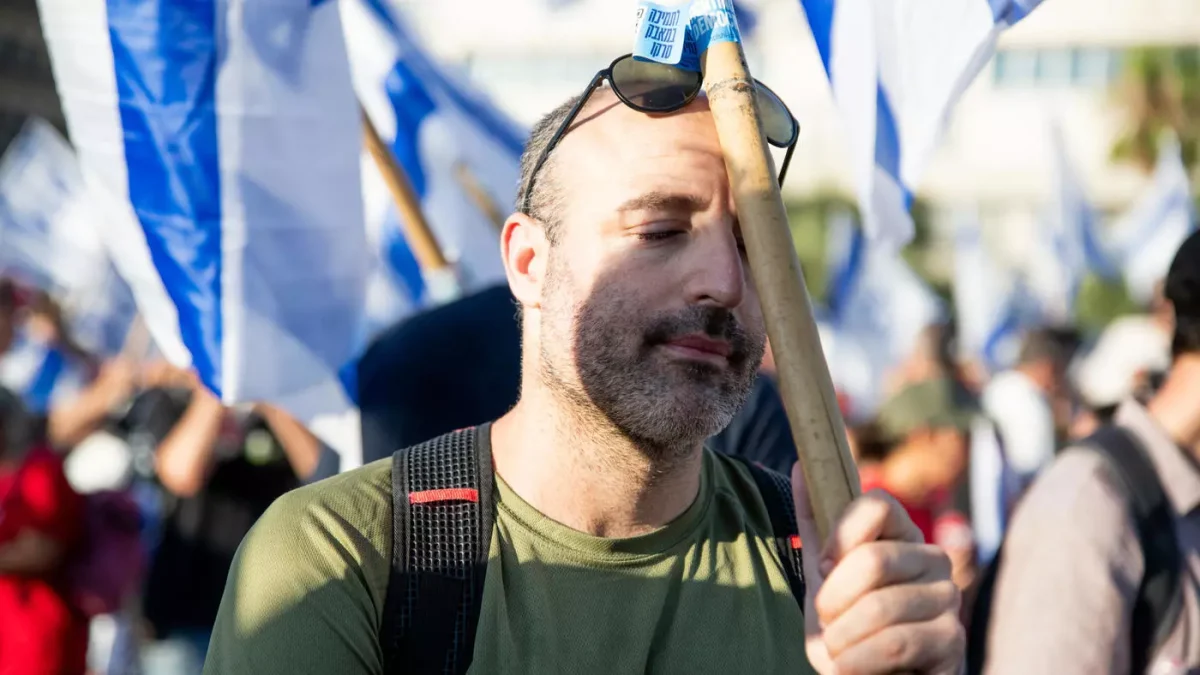“A dramatic split like this cannot remain behind closed doors,” the soldiers, who previously served in various elite army units, said in the statement reported on Israeli media.
The warning comes as a growing number of reservist soldiers are threatening to suspend their volunteer duty in protest against a controversial judicial overhaul plan by the governing coalition.
Some 10,000 reservists announced on Saturday that they would join the boycott if the government does not drop its proposed legislation.
The escalations come a day before the Israeli parliament, or Knesset, is set to vote on a key bill in the government’s judiciary overhaul package.
If passed, the bill would turn into law and effectively curtail the Supreme Court’s ability to block government decisions it deems unreasonable.
Proponents of the government plan say it is necessary to restore the balance of power between government branches, while opponents say it would undermine the independence of the judicial system.
The veterans’ statement on Sunday warned that soldiers’ protests have now extended beyond reservists and is affecting active-duty soldiers.
“We’ve heard from our units in recent weeks and days about a growing and concrete desire among (at least) dozens of active noncommissioned officers to stop (or at least not extend) their contracts,” the former soldiers stated.
“The numbers are growing every day. The situation is far graver than what the heads of the military are describing,” they added.
Earlier on Sunday, opposition MP and former defence minister Benny Gantz said that some of the damage done to the military amid the protests “is already irreparable”.
Herzi Halevi, the army’s chief of staff, wrote a letter to soldiers on Sunday pleading with them to maintain the unity of the military.
“If we do not have a strong and unified army, if the best do not serve, we will not be able to exist as a country in this region anymore,” Halevi continued, adding, “No one has the right to say that they are no longer serving, and all of us do not have the right not to report for duty or to refuse an order.”
Debate on the final readings of the contentious bill began in parliament on Sunday and a final vote is expected on Monday afternoon.
Meanwhile, Israel is bracing for mass protests ahead of the vote in several cities.
Hundreds of thousands of protesters are already gathering in Jerusalem to sway lawmakers outside the Knesset from advancing the bill.
